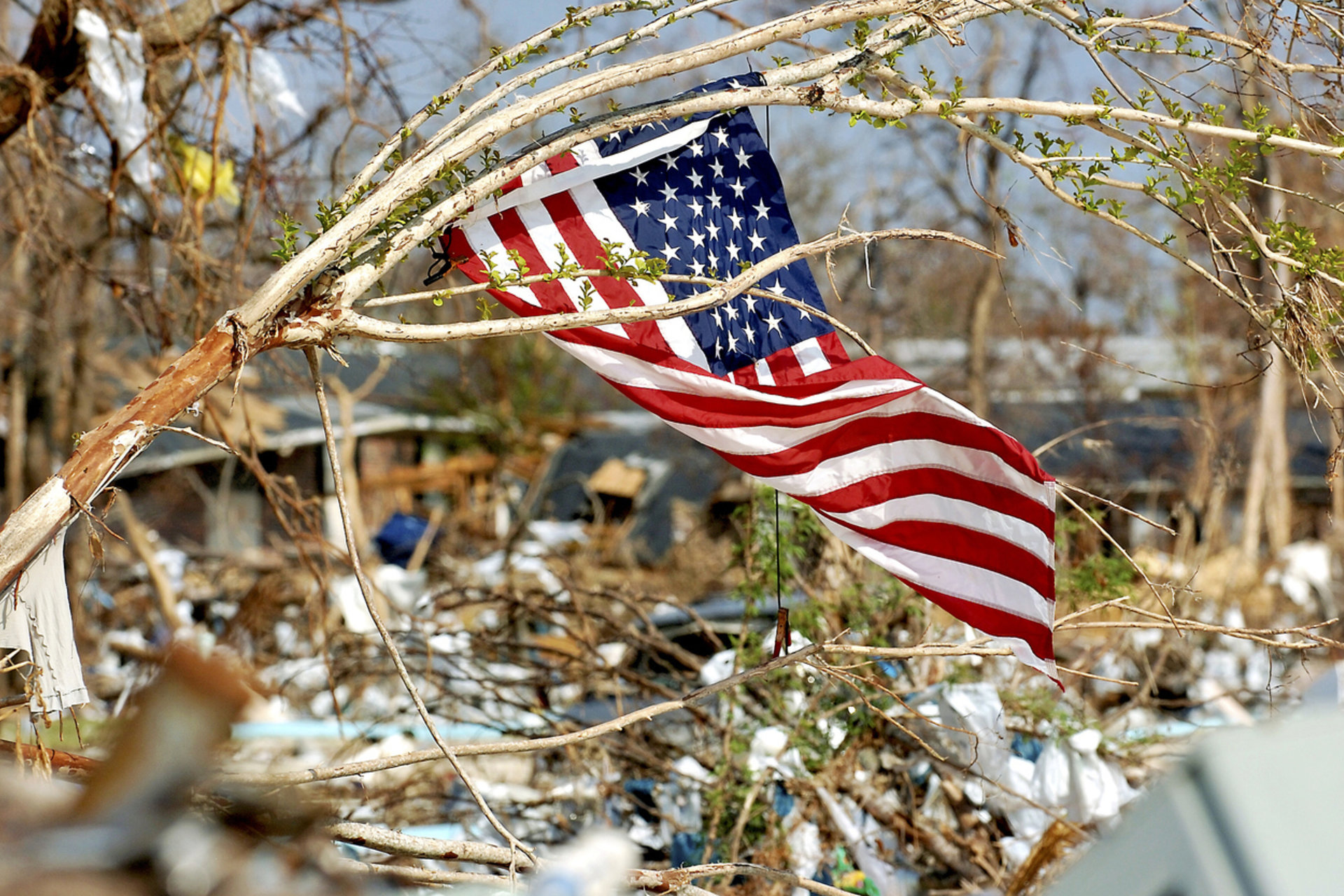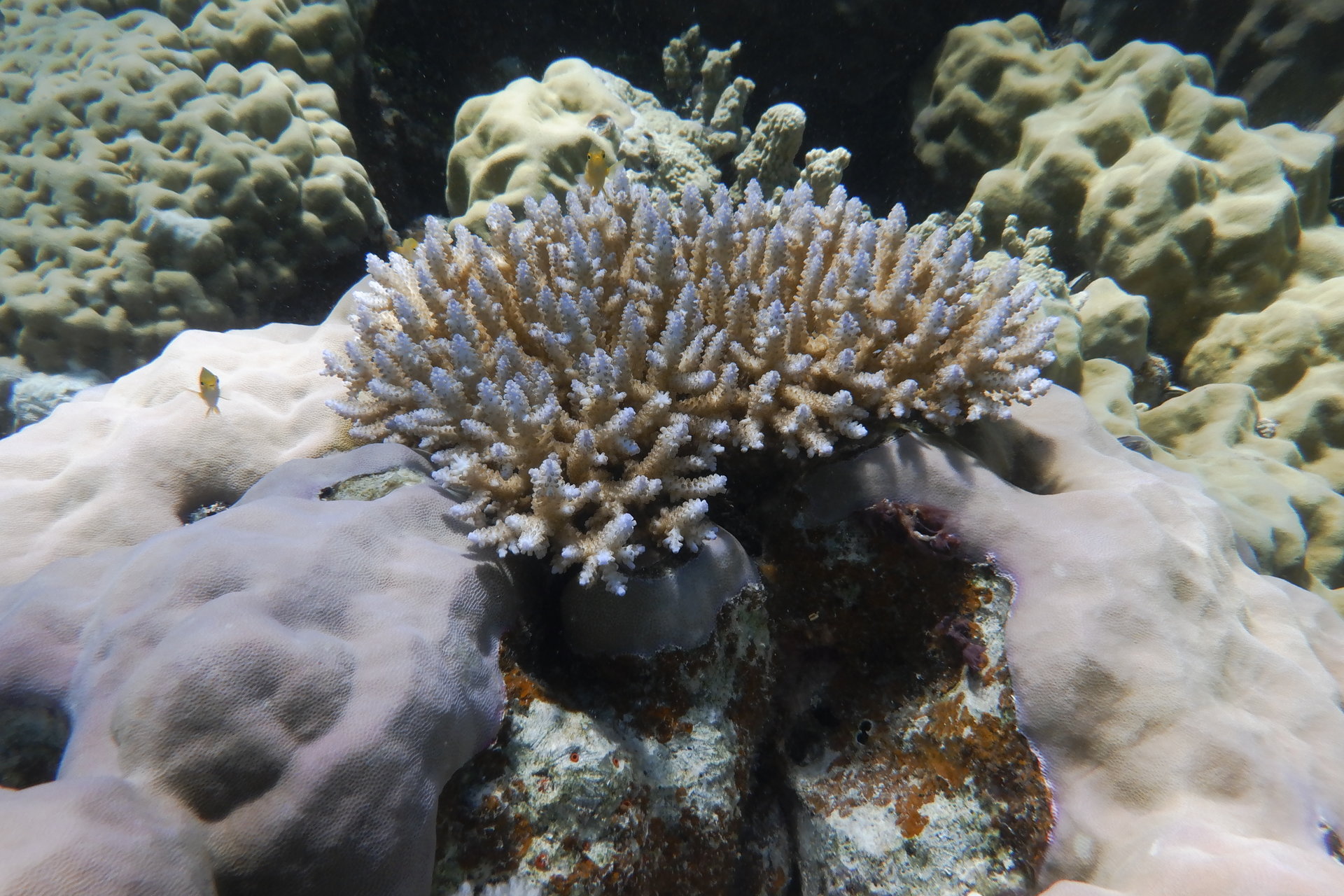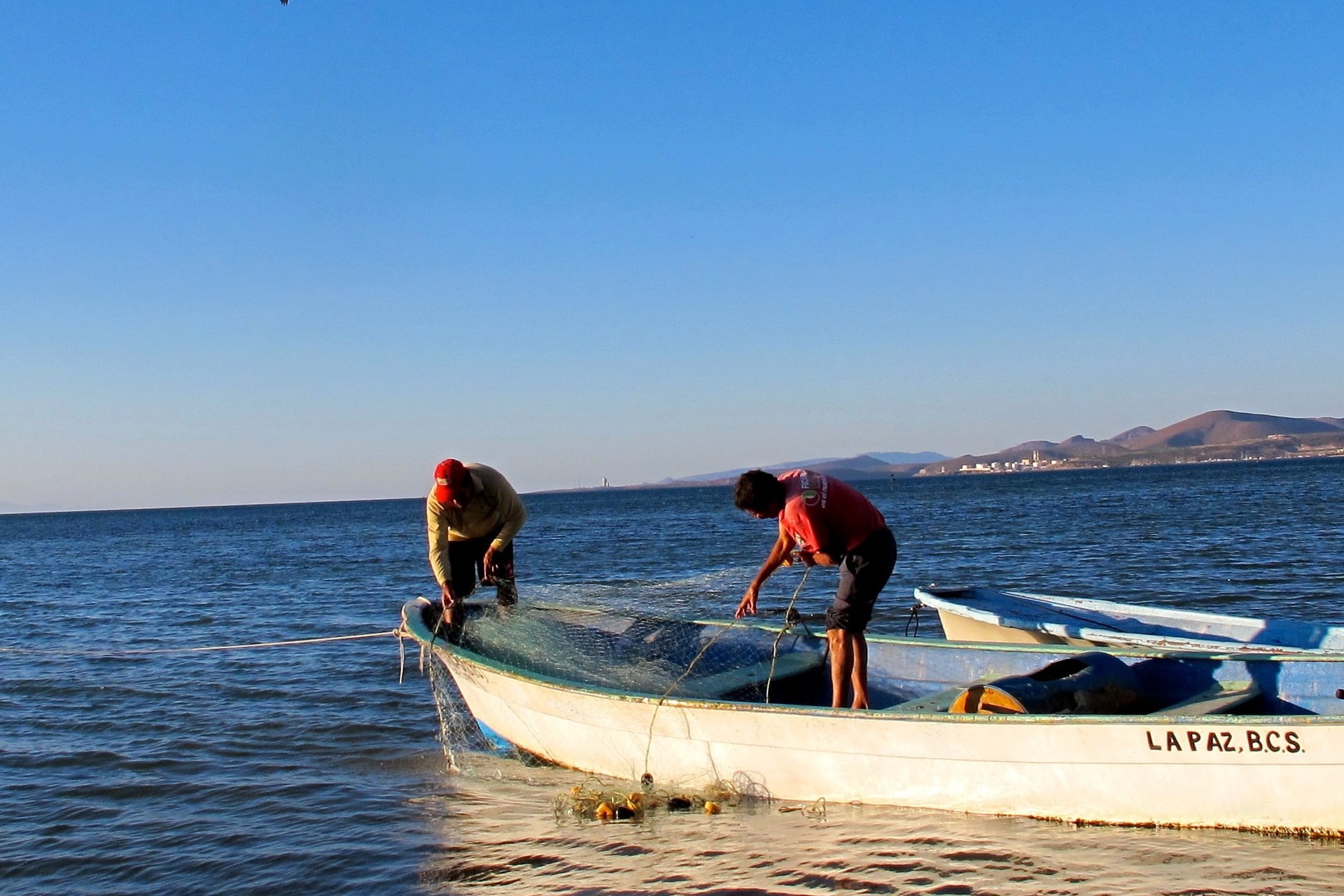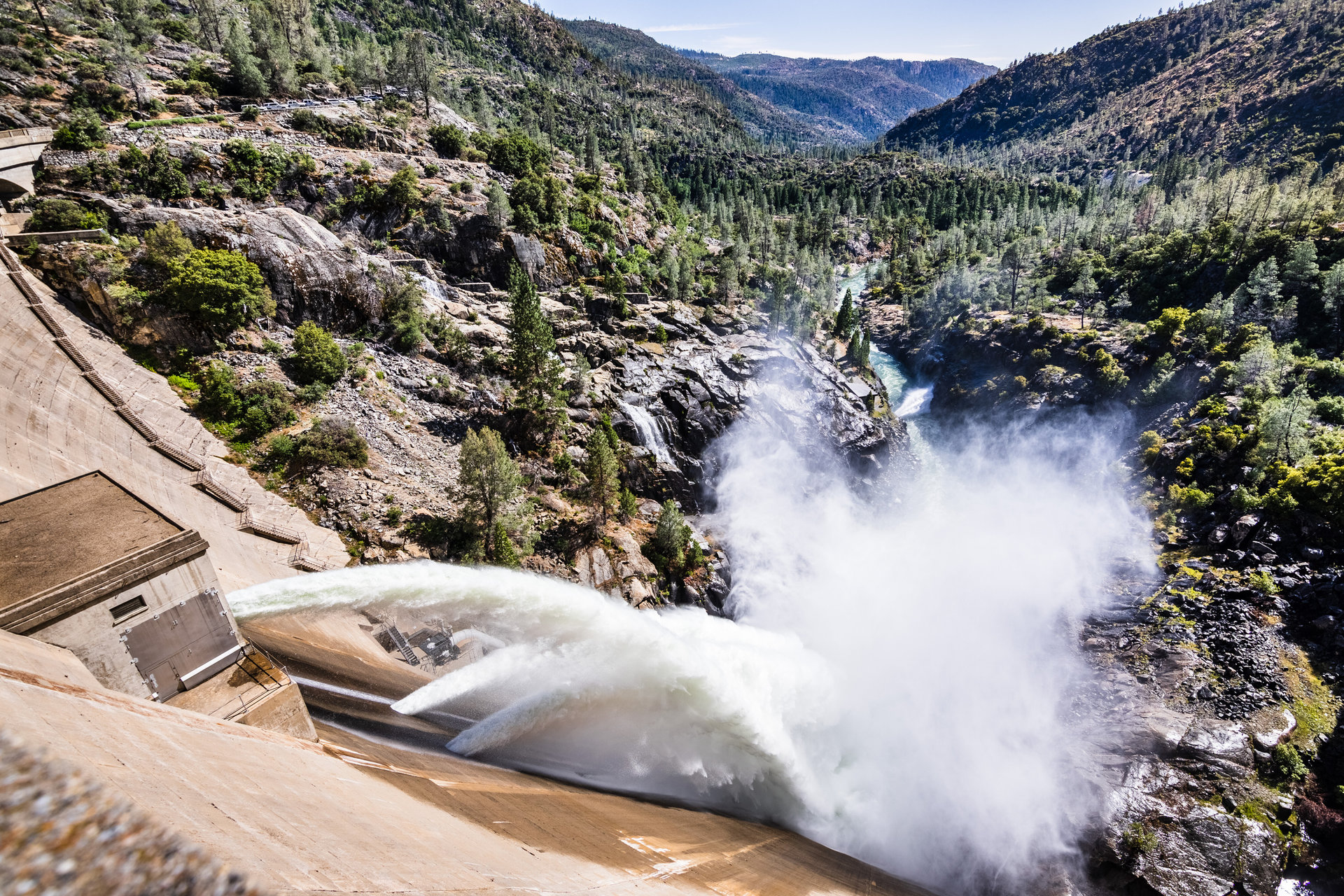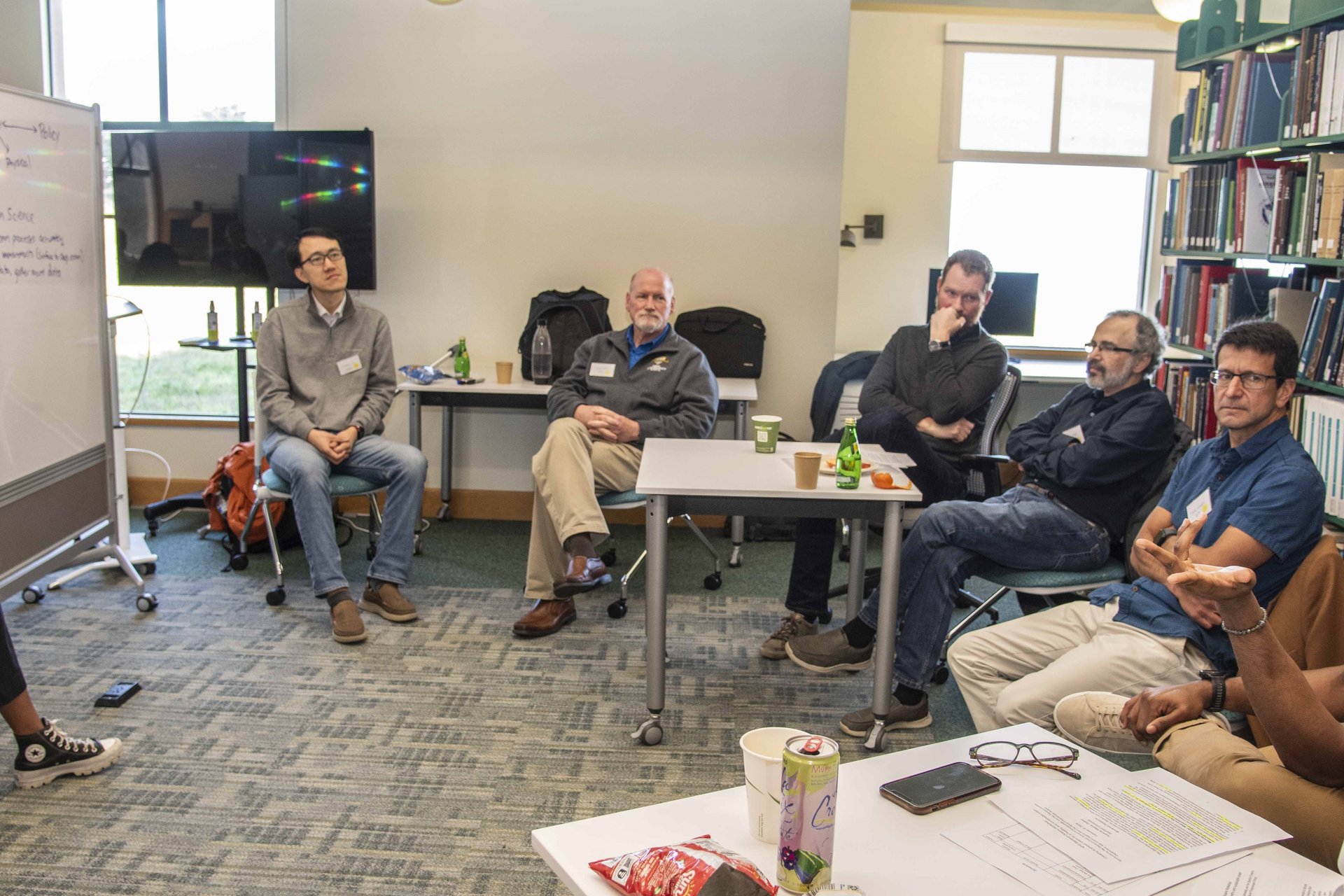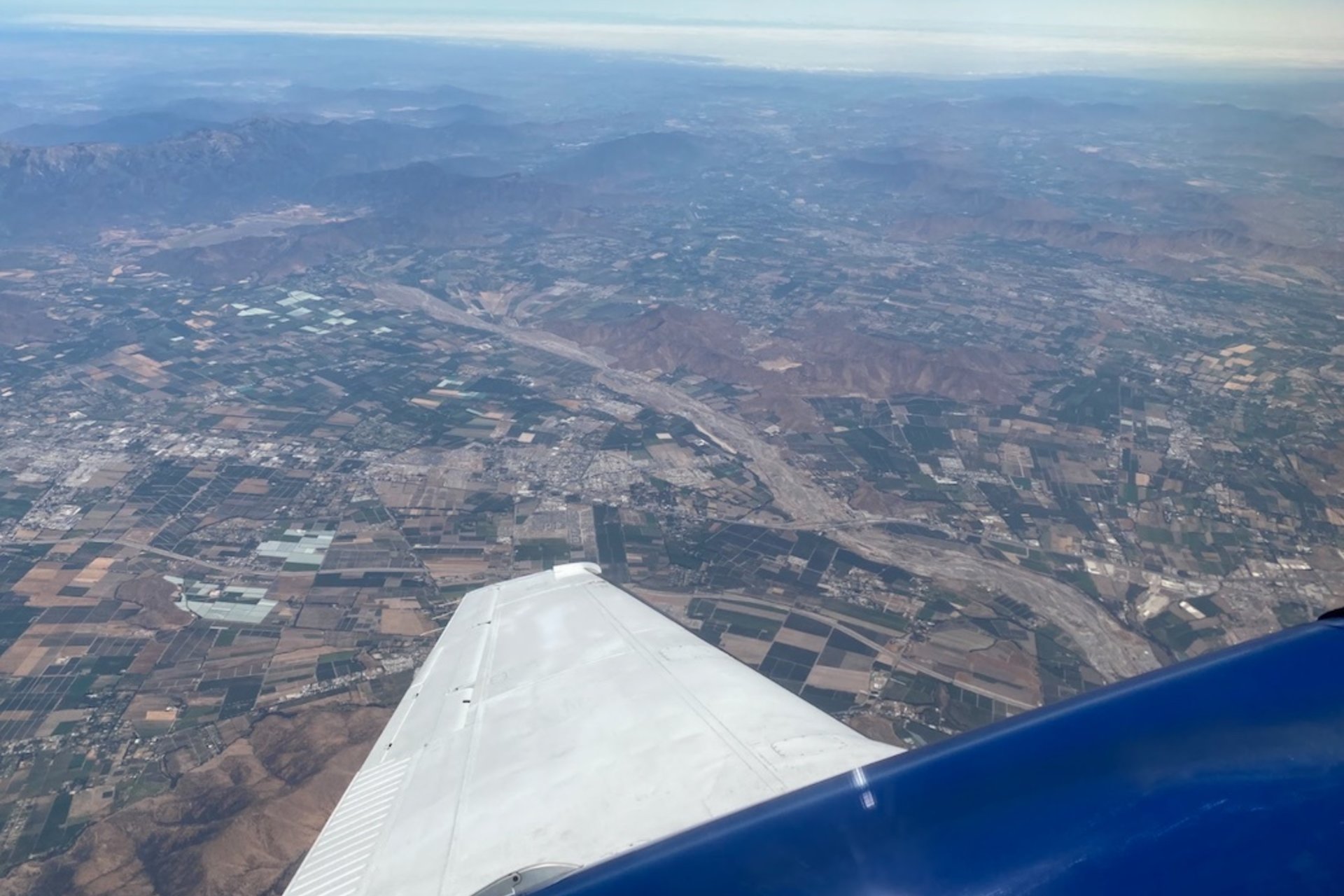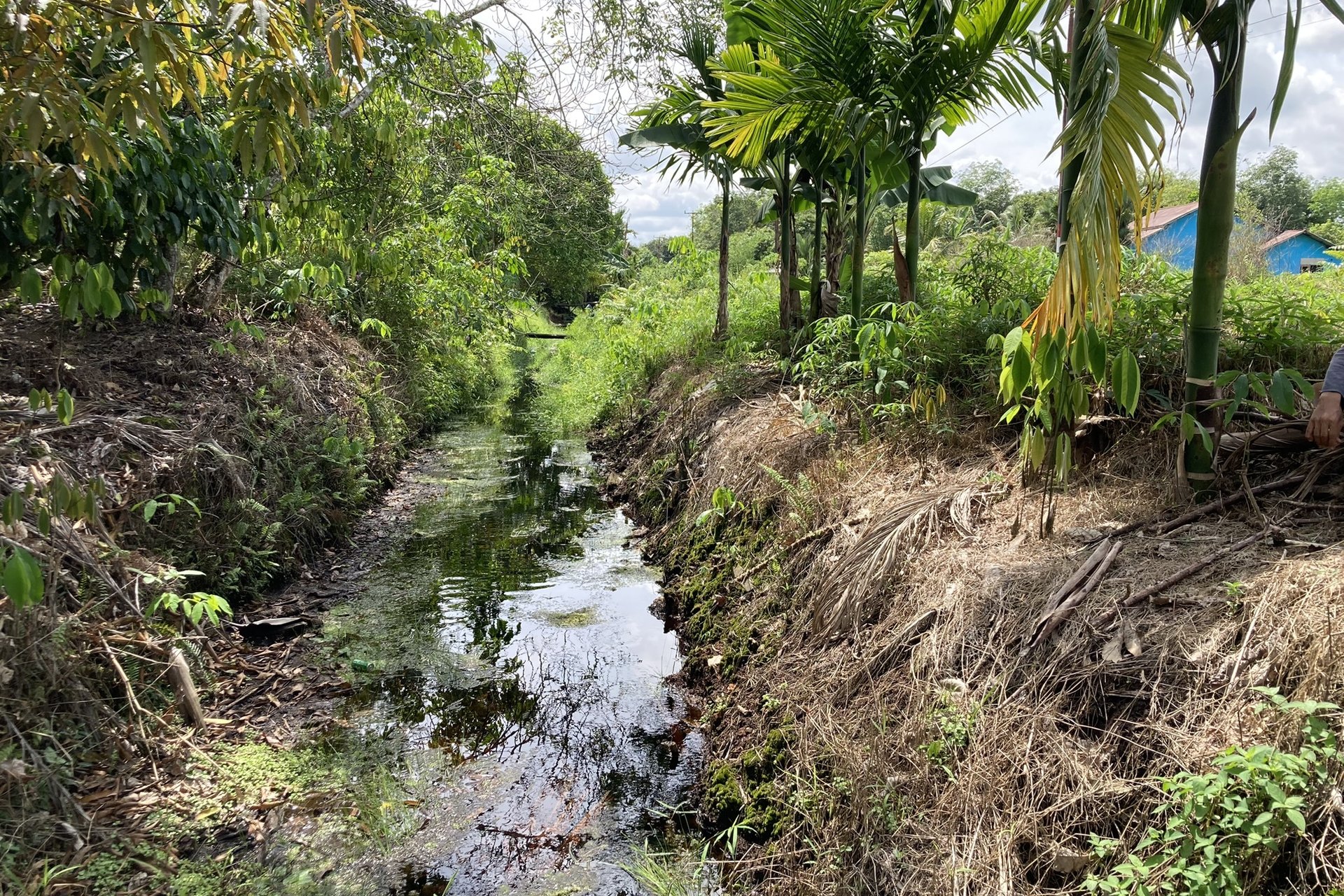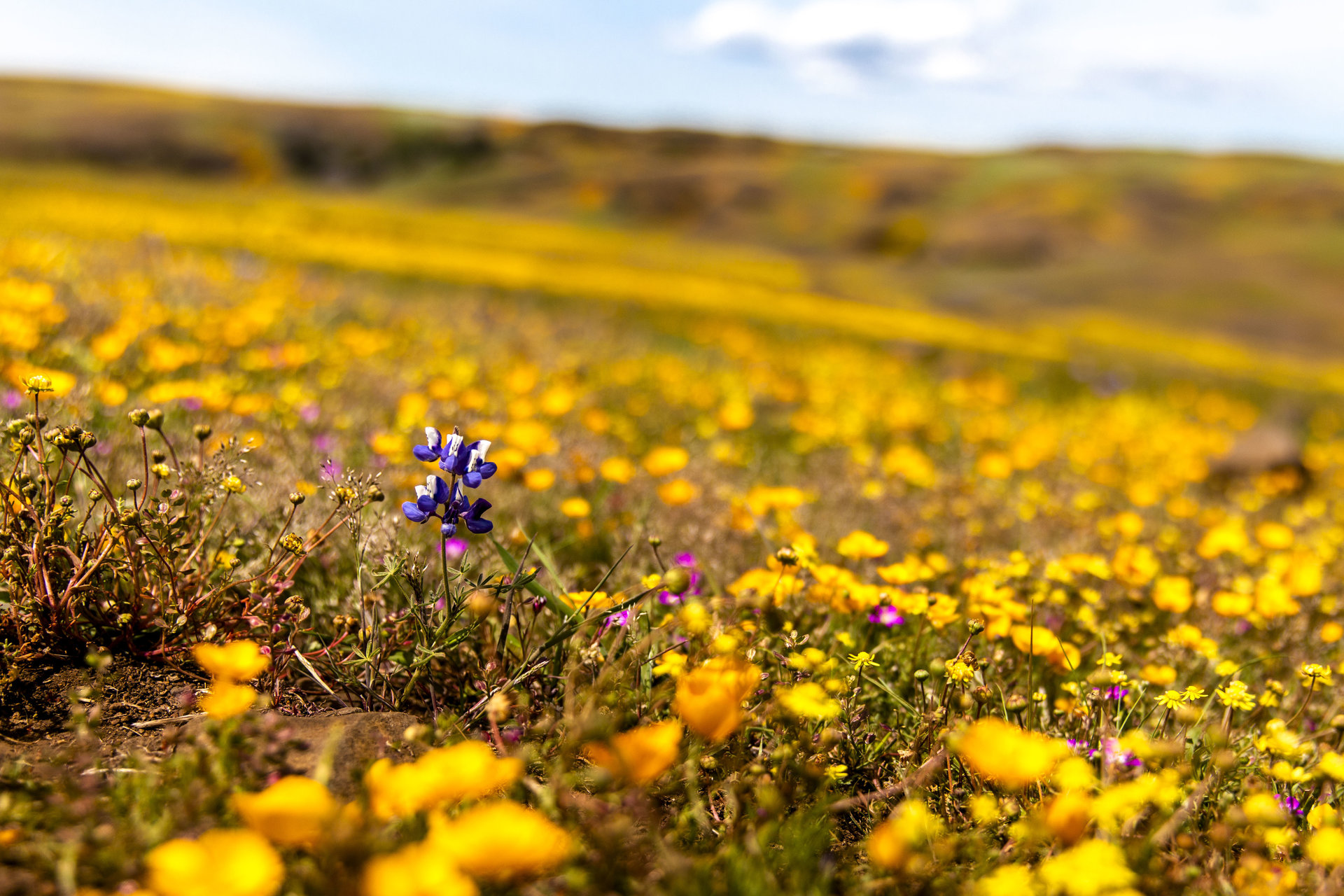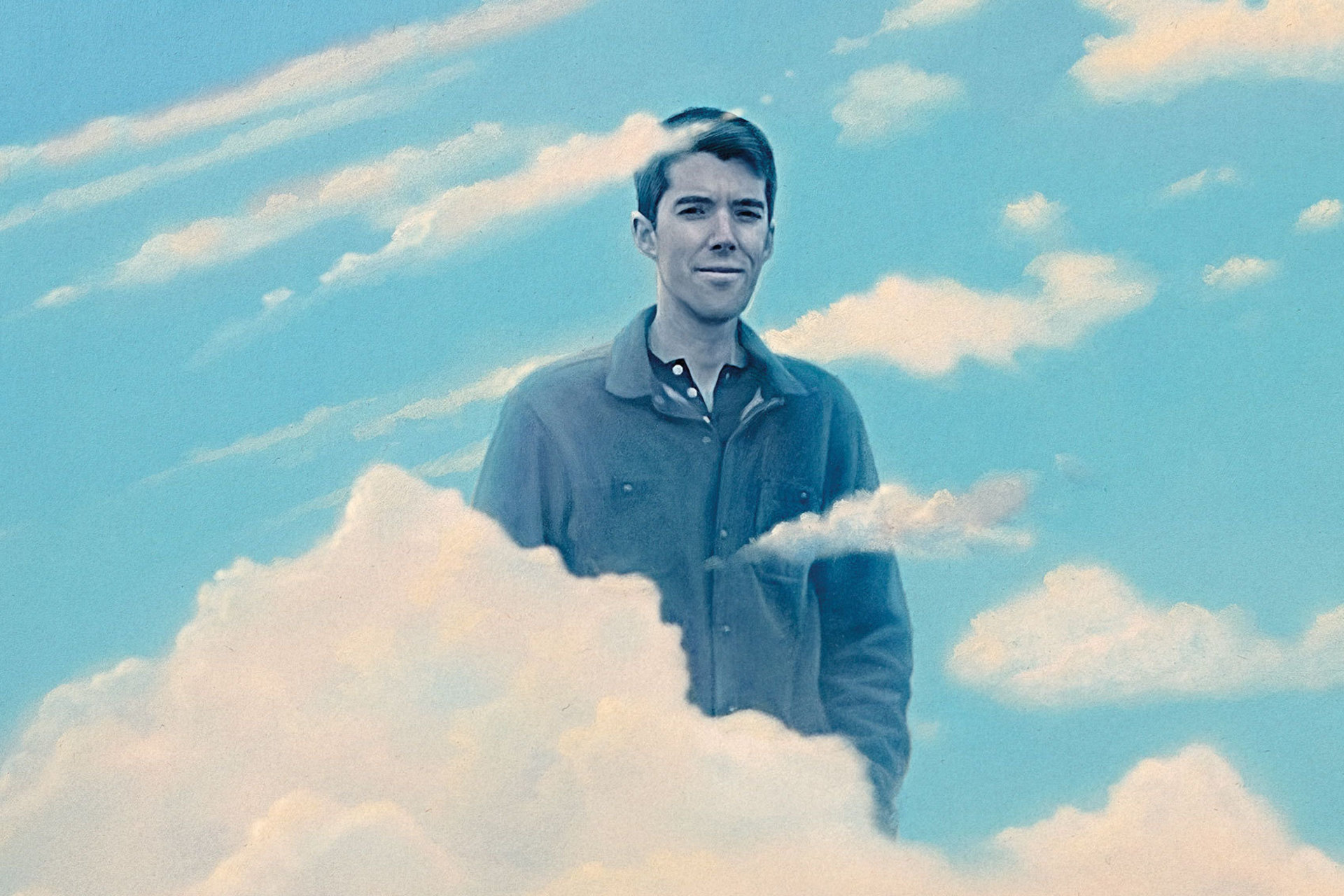Climate
-
Stanford economist Paul Milgrom won a Nobel Prize in part for his role in enabling today’s mobile world. Now he’s tackling a different 21st century challenge: water scarcity.
-
The Stanford Woods Institute for the Environment joins an effort to inform implementation of federal climate policies.
-
Stanford researchers are searching for heat-resistant corals that could ensure the survival of vulnerable reefs.
-
A study of fishing cooperatives and independent operators in Baja California offers lessons for the development of equitable climate adaptation policies across the world.
-
As policymakers consider updates to the Bay-Delta Plan, a Stanford analysis outlines challenges and strategies to support future water security in the San Francisco Bay Area in the face of climate change.
-
The Stanford Doerr School of Sustainability and the Naval Postgraduate School recently convened experts to discuss how research can address climate change impacts on the ocean environment, economy, and national security.
-
Stanford-led research shows methane emissions from a large share of U.S. oil and gas facilities are three times higher on average than the level predicted by official government estimates.
-
Researchers have found that one-third of the organic carbon leached from peatland soils into canal waters in Southeast Asia gets broken down and released into the atmosphere as carbon dioxide.
-
A new report looks back at the most impactful environment and sustainability research from Stanford scholars in 2023.
-
Daniel Swain, PhD ’16, studies extreme floods. And droughts. And wildfires. Then he explains them to the rest of us.
-
Experts discuss how insights from social science research can help U.S. climate policies overcome polarization and spur lasting change in consumer behavior.
-
When multiple atmospheric rivers hit California back-to-back, the economic damage from resulting rain and snowfall is three to four times higher than predicted from individual storms, a Stanford study finds. The insight could help water managers and disaster planners better prepare for future impacts of climate change.
-
The four new projects aim for decarbonized cement, large-scale hydrogen storage, a reliable electric grid, and more natural ventilation in buildings.
-
Stanford experts discuss agreements related to fossil fuels, food, oceans, and more at the 2023 U.N. climate talks in Dubai and share reflections on the summit.
-
Our list includes a mix of favorites, high-impact stories, and some of our most-read research coverage from the past year.
-
New research from Stanford suggests climate change will disrupt many age-old partnerships between aspen trees and fungi that are essential to healthy forests.
-
“Cement hides a dark secret: It’s responsible for a staggering 8% of global CO2 emissions.”
-
Declining coal use helped shrink U.S. emissions 3%, according to new estimates from the Global Carbon Project, even as global emissions keep the world on a path to exceed 1.5 degrees Celsius of warming before 2030 and 1.7 degrees soon after.
-
In categories ranging from Food & Drink to Energy, the 2024 Forbes feature recognizes 11 Stanford alumni and one student for work related to sustainability.
-
Stanford ecologist and climate scientist Chris Field looks to the 28th UN Climate Change Conference for a roadmap on what he considers solvable challenges.
-
At Stanford HAI’s recent fall conference, scholars showed how artificial intelligence is opening up new approaches to studying science.
-
Though food systems are a big driver of the climate crisis, they can also help combat it. Research shows how seafood can be incorporated into national climate strategies at COP28.
-
Ahead of the UN Climate Change Conference in the United Arab Emirates this month, Woods scholars discuss how to build sustainable food systems in the face of a warming world.
-
Yuan Wang seeks to understand how particle pollution from vehicles, industry, and wildfires affects our future climate and extreme weather events like hurricanes.


